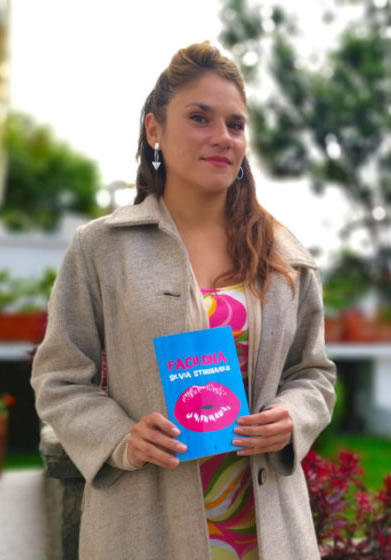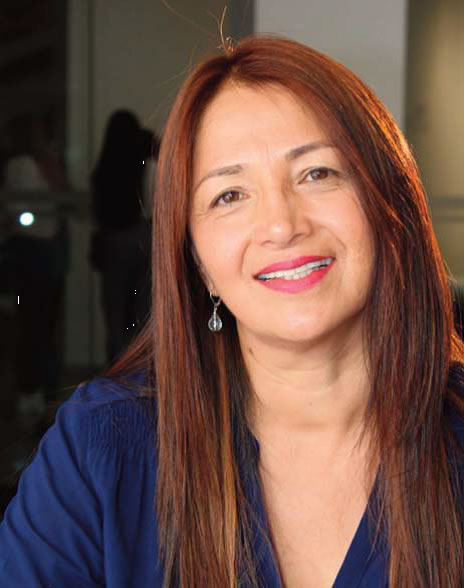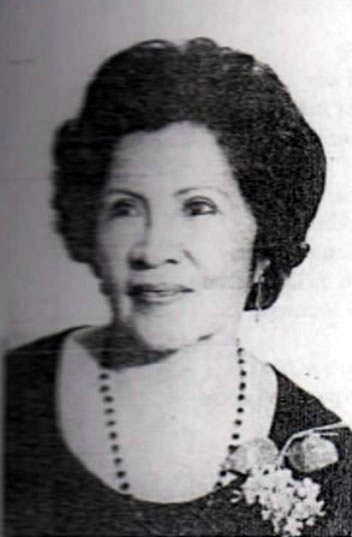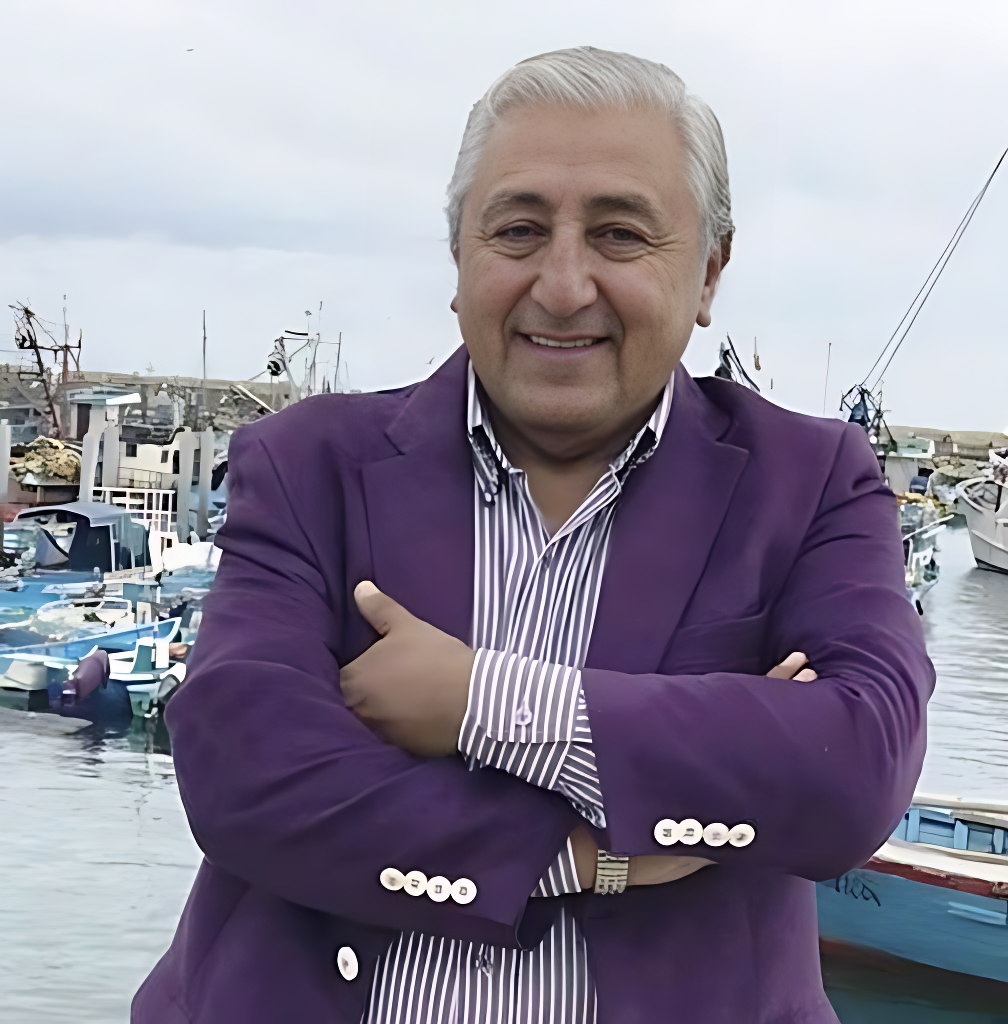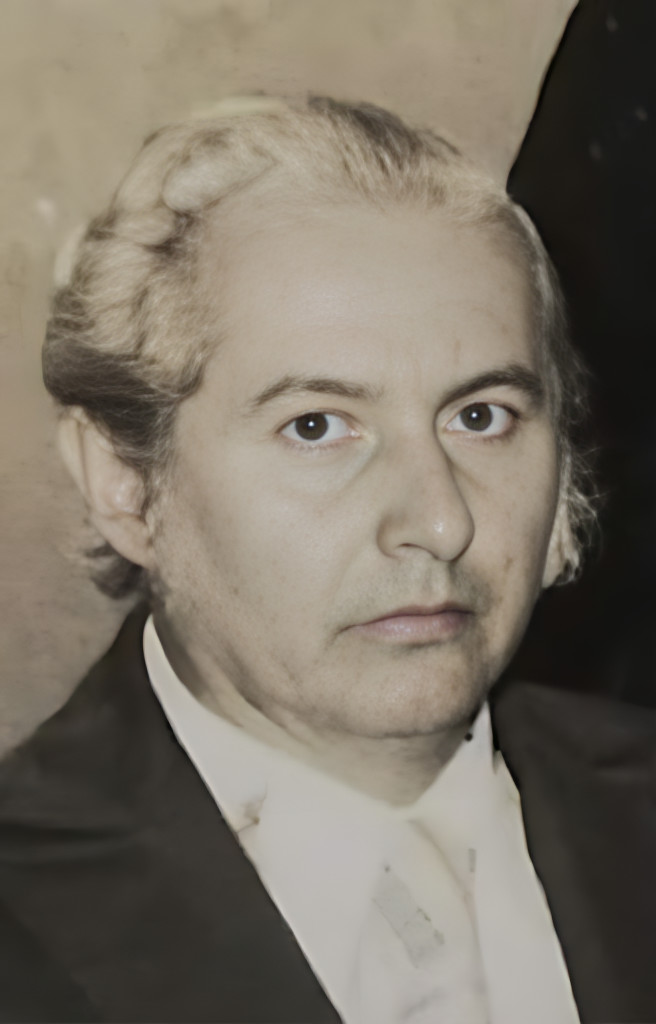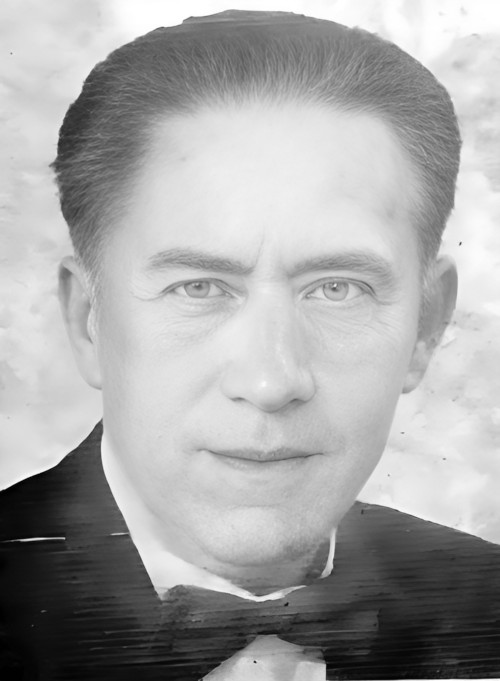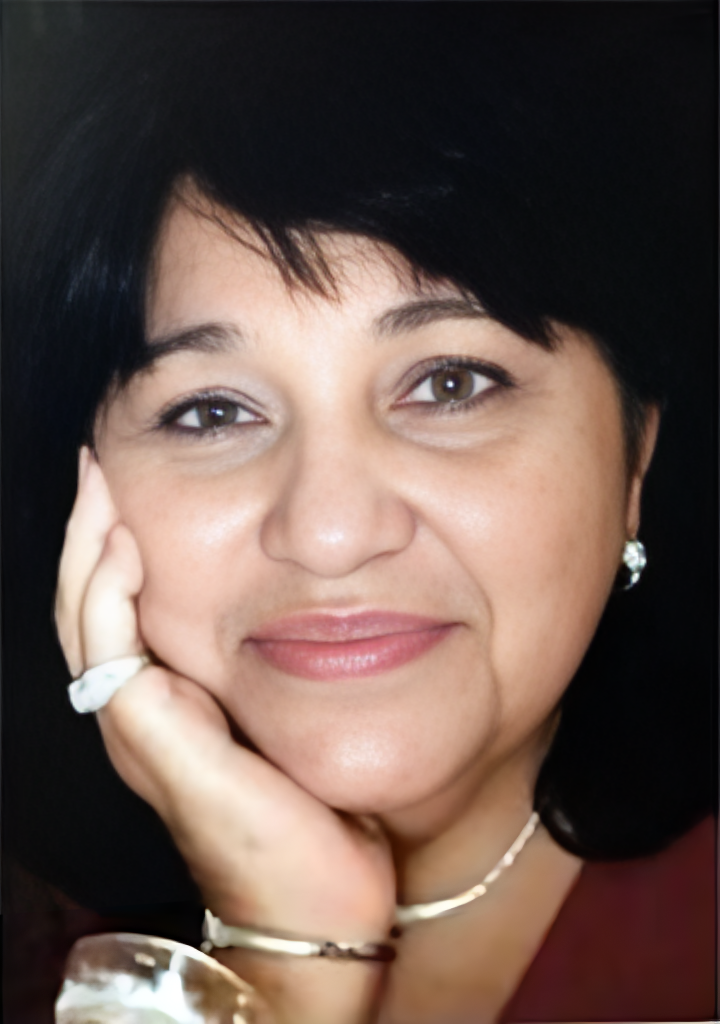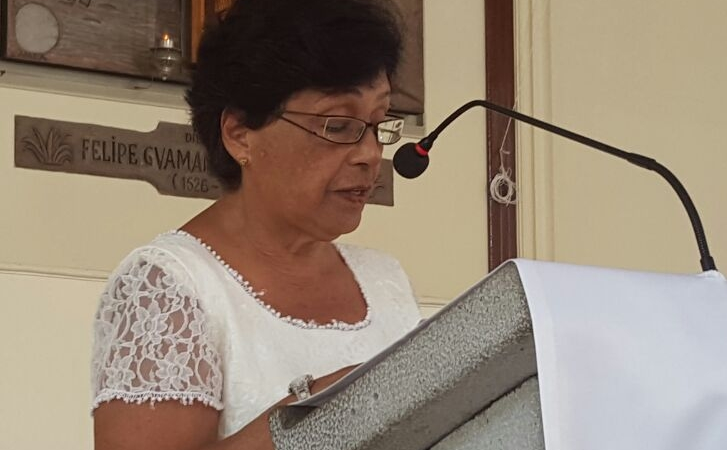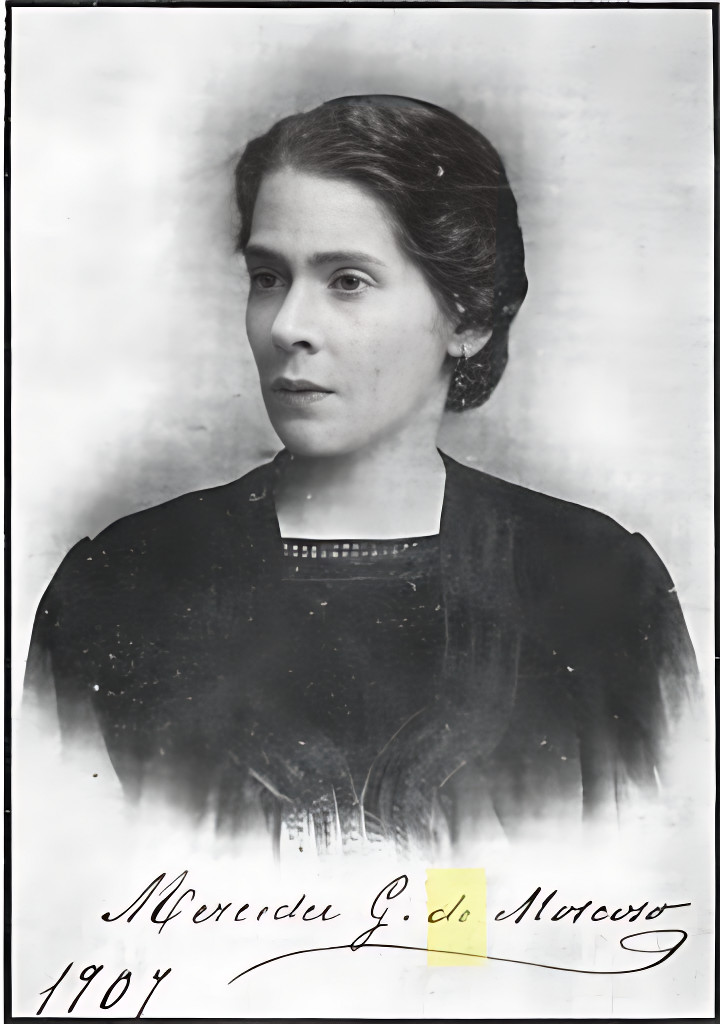Silvia Stornaiolo Witt (Quito, 1980) is an Ecuadorian novelist and short story writer. She is the author of three short story collections and two novels, including: “Tanta Joroba” (2011) and “Tenga” (2012). Her latest book of short stories is “Facilona” (2020). Her father is the renowned painter Luigi Stornaiolo.
Continue reading “Silvia Stornaiolo”Month: August 2022
Damia Mendoza Zambrano
Damia Mendoza Zambrano (Manta, 1966) is an Ecuadorian poet, singer-songwriter, researcher, and university professor. As a poet, she’s represented Ecuador at international festivals in Taiwan, Mexico, Peru, Spain, Cuba, Canada, Argentina, Morroco, and the United States, among others. Her poetry books include, Sueños de Gaviota (1986), El despertar de Gaviota (2001), Desliz (2002), Tras los Cristales de mi Mar (2007), and Hojas de mi noche larga (2012). Her poems have also been published in several anthologies. Some of her poems have been translated into Italian, English and French.
Continue reading “Damia Mendoza Zambrano”Josefa Mendoza de Mora
Josefa Mendoza de Mora (Montecristi, March 18, 1917 – Guayaquil, January 26, 2006) was an Ecuadorian poet. She was part of the editorial staff of the magazine Recado Cultural of Portoviejo and was a member of the Manabi chapter of the House of Ecuadorian Culture. She also helped found the Manta Cultural Group in 1965 and served as its president. Some of her poems have been set to music by notable Ecuadorian composers, including Gerardo Arias and Constantino Mendoza. A high school in Manta bears her name.
Continue reading “Josefa Mendoza de Mora”Joselías Sánchez Ramos
Joselías Sánchez Ramos (Tarqui) is a distinguished Ecuadorian historian, writer, essayist, journalist, and esteemed university professor, renowned for his expertise in the local history of Manabi. As a respected member of the House of Ecuadorian Culture in Manabi, he contributes significantly to the preservation and promotion of cultural heritage. Sharing his vast knowledge, he teaches at the prestigious Universidad Laica Eloy Alfaro of Manabi. Notably, among his remarkable body of work stands the acclaimed publication titled “Manta, 1.500 años de vida histórica y la racionalidad de la identidad manabita,” [Manta, 1,500 Years of Historic Life and the Rationality of the Manabite Identity] a profound exploration of the historical tapestry and the profound essence of the Manabite identity.
Family.
With his wife Cecilia he has 4 children and 9 grandchildren.
Works
- Manta, 1.500 años de vida histórica y la racionalidad de la identidad manabita
José Viliulfo Cedeño Sánchez
Dr. José Viliulfo Cedeño Sánchez (Manta, January 21, 1928 – Manta, February 27, 1986) was an Ecuadorian writer, poet, historian, archaeologist, and university professor. He was a founder and secretary of the Manta Cultural Group, he wrote various textbooks on philosophy, Ecuadorian territorial rights, literature and ethics. His poems were published in, “Itinerario del hombre” and “Voces Manabitas.” In 1985, his most notable book was published, “La Confederación Manteña,” a historical study of Manta’s roots. Two schools in the Manabi province bear his name.
Continue reading “José Viliulfo Cedeño Sánchez”Jorge Cevallos Calero
Jorge Cevallos Calero (Portoviejo, December 2, 1898 – August 20, 1968) was an Ecuadorian poet. In the 1920’s he formed part of the ”Argos” generation, an important literary group from Portoviejo. In 1950, he became a member of the Ecuadorian House of Culture in Manabi. In 1965, he created and presided over the Grupo Cultural Manta [Manta Cultural Group], which was very active in those years. He was bestowed the Flor Natural for his “Canto a Portoviejo” [Song to Portoviejo]. The poet Horacio Hidrovo Peñaherrera, being Mayor of Portoviejo, erected a bust in Cevallos’ memory, recognizing him as a universal poet “always attentive to the great events of humanity.” Today a school in Manta bears his name, as well as a park and garden in Portoviejo.
Continue reading “Jorge Cevallos Calero”Lesther Macías Vera
Lesther Macías Vera de Carofilis (Portoviejo, August 12, 1951) is an Ecuadorian poet. She is currently the director of the academic literature section of the House of Ecuadorian Culture in Manabi. She is the recipient of various teaching awards (1979, 1981, 1990, 1995). For her active participation in the Ecuadorian Literature seminar in 1983, the Ministry of Education and Culture awarded her a Diploma of Honor. She won second place in a prestigious poetry contest in Quito in 1990, with her poems “Un Árbol que murió de tristeza” and “Fábricas de Asfalto”. She is a member of “The Cove/Rincón International”of Miami, FL, a cultural group for poetry and other arts.
Continue reading “Lesther Macías Vera”Aracely Cevallos
Aracely Cevallos Ramírez de Velasco is an Ecuadorian poet who has been dubbed “la jardinera de la palabra” [The Word Gardener]. She is regarded as one of the most representative poetic voices of Manabi literature, distinguished by her modernist style and her ability to capture beautiful metaphors about nature, which she understands as an agricultural engineer and co-founding member of the Portoviejo Gardening Club. She is a member of the Manabi chapter of the House of Ecuadorian Culture.
Continue reading “Aracely Cevallos “Mercedes G. de Moscoso
Mercedes González de Moscoso (Guayaquil, October 12, 1860 – Quito, November 23, 1911) was a prominent Ecuadorian poet and playwright, considered the leading figure of the country’s second Romantic movement. Her poetry focused on themes of family, motherhood, and domestic life, often expressing a deep melancholic tone shaped by personal loss. Among her most notable works are Reminiscencias (1890), En el Nido (1899), and Cantos del hogar (1909). She also wrote plays, including Martirio sin culpa and an adaptation of her poem Abuela into a three-act play, both produced in 1907. Her work made her an important voice in Ecuadorian literature and feminist circles.
Continue reading “Mercedes G. de Moscoso”